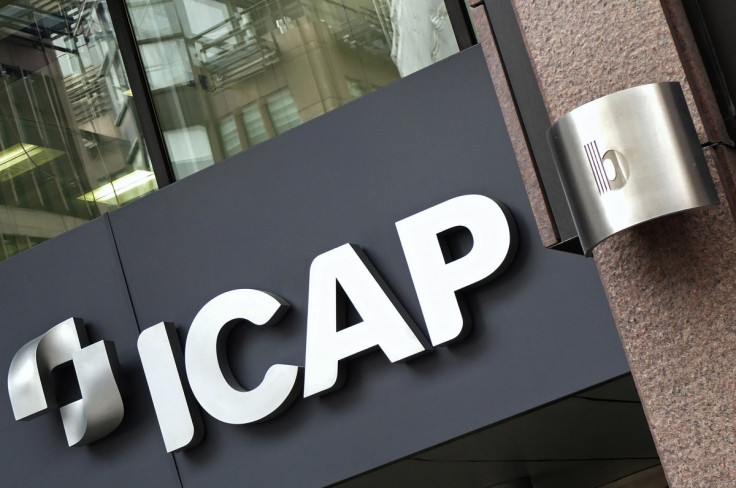Libor Fixing Scandal: European Commission Names Icap in Yen Rate Fixing Probe

Icap could face millions of pounds in fines as the European Commission warned that the world's largest interdealer broker may have acted as a conduit for bankers aiming to rig Libor rates.
Scrutiny seems to be focused on manipulation of the interest rate benchmark linked to the Japanese currency - Yen Libor
The boker said: "Icap does not believe that it has breached any applicable EU competition law, and will defend itself against these allegations vigorously."
The commission said in a statement the influence that Libor manipulation has on wider markets means it has investigate all possible roles in attempted rate rigging.
"Interest rate derivatives are financial products which are used by banks or companies for managing the risk of interest rate fluctuations," said the EC.
"These products are traded worldwide and play a key role in the global economy."
Rate Rigging Charges
At the end of last year, eight banking giants were fined a combined total of €1.71bn (£1.4bn, $2.3bn) by the EU for rigging the key benchmark interest rates Libor and Euribor.
Around €670m of this fine was related to Yen Libor fixing.
Barclays, Deutsche Bank, Société Générale, RBS, UBS, JPMorgan, Citigroup and RP Martin were part of two separate illegal cartels which conspired to manipulate Euribor and Libor to benefit their own positions in euro and Japanese yen-denominated interest rate derivatives markets.
"What is shocking about the Libor and Euribor scandals is not only the manipulation of benchmarks, which is being tackled by financial regulators worldwide, but also the collusion between banks who are supposed to be competing with each other," said Joaquín Almunia, vice-president in charge of competition policy, at the time.
The EC said Libor and Euribor fixing was committed in two separate cartels.
What is Libor?
Libor valuations directly influence the value of trillions of dollars of financial deals between banks and other institutions.
The benchmark reference rates are used in euro, US dollar and British sterling over-the-counter (OTC) interest rate derivatives contracts and exchange-traded interest rate contracts.
"The cartel aimed at distorting the normal course of pricing components for these derivatives," said the commission.
"Traders of different banks discussed their bank's submissions for the calculation of the Euribor as well as their trading and pricing strategies."
In September 2014, the US Commodity Futures Trading Commission (CFTC) and Britain's Financial Conduct Authority (FCA) fined Icap for its role in the manipulation of the interbank lending rate.
Icap paid to the FCA and £41m to the CFTC after a significant number of brokers, including two managers, attempted to rig Libor rates between October 2006 and November 2010.
This led to Icap's boss, former Conservative party treasurer, Michael Spencer receiving £2.2m in total pay for 2013, down from £4.3m he received for 2012.
His annual bonus also dropped by three-quarters.
Then, in April this year, three former Icap brokers - Danny Martin Wilkinson, Darrell Paul Read and Colin John Goodman – went to court after being charged by the Serious Fraud Office in connection with Libor manipulation between 8 August 2006 and 7 September 2010.
© Copyright IBTimes 2025. All rights reserved.






















